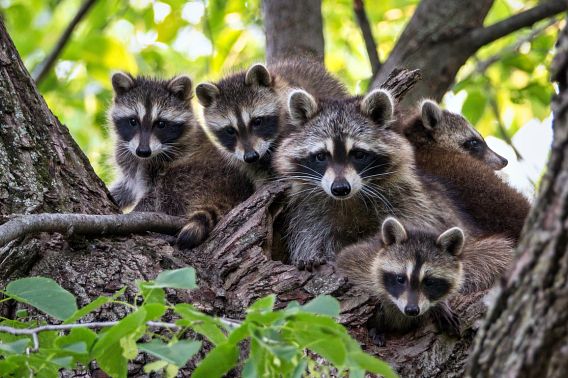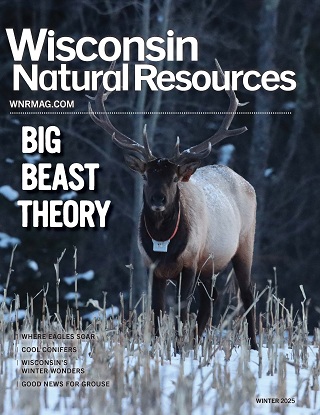Contact: Jenna Fastner, DNR Captive Wildlife Health Specialist
Jenna.Fastner@wisconsin.gov or 715-894-7181
Keep Wildlife Wild: Know What To Do If You Encounter Baby Wild Animals This Spring
 Never try to care for a wild animal yourself. If you find a wild animal that appears sick or injured, leave it alone and keep children and pets away to reduce stress on the animal.
Photo credit: iStock/lavin photography
Never try to care for a wild animal yourself. If you find a wild animal that appears sick or injured, leave it alone and keep children and pets away to reduce stress on the animal.
Photo credit: iStock/lavin photography
MADISON, Wis. – As warmer spring weather approaches, the Wisconsin Department of Natural Resources (DNR) reminds the public that wild animals and their young will be on the move across Wisconsin.
Knowing what to do before finding a baby wild animal can make all the difference to protect its health and keep wildlife wild.
“During the springtime, we receive many inquiries from concerned residents about baby wild animals. Never try to care for a wild animal yourself. If you find a wild animal that appears sick or injured, leave it alone. Do not provide food or water, as improper care and handling may put the health of both animals and people at risk,” said Jenna Fastner, DNR Captive Wildlife Health Specialist. "Additionally, people should remember that it is against the law in Wisconsin to possess a wild animal without the proper license.
With most species, it is perfectly natural for mothers to leave their young alone for long periods of time. While alone, young animals will often lie quietly and still to avoid attracting predators. Drawing attention to a baby animal's location can tip-off predators or keep its mother away longer than she would like. You can help by keeping people and pets away from the area. If you have interested children, they can learn to keep wildlife wild by observing from a safe distance.
Young wild animals will often wander on their own as they grow. If you find a seemingly healthy young animal wandering away from its nest/den or mother, watch from a distance to see if it returns to the den or if its mother retrieves it. It is important to note that this process could take several hours. Always contact the DNR or a licensed wildlife rehabilitator for advice before intervening.
Visit the DNR’s Keep Wildlife Wild webpage for species-specific tips on how to decide if a young wild animal is truly orphaned or in need of help.
Helping Sick Or Injured Wild Animals
If you find a wild animal that appears sick or injured, leave it alone. Take pictures and make notes about what you’re observing. Then, call the DNR or a licensed wildlife rehabilitator for guidance. Visit the DNR website for a directory of rehabilitators in your area.

